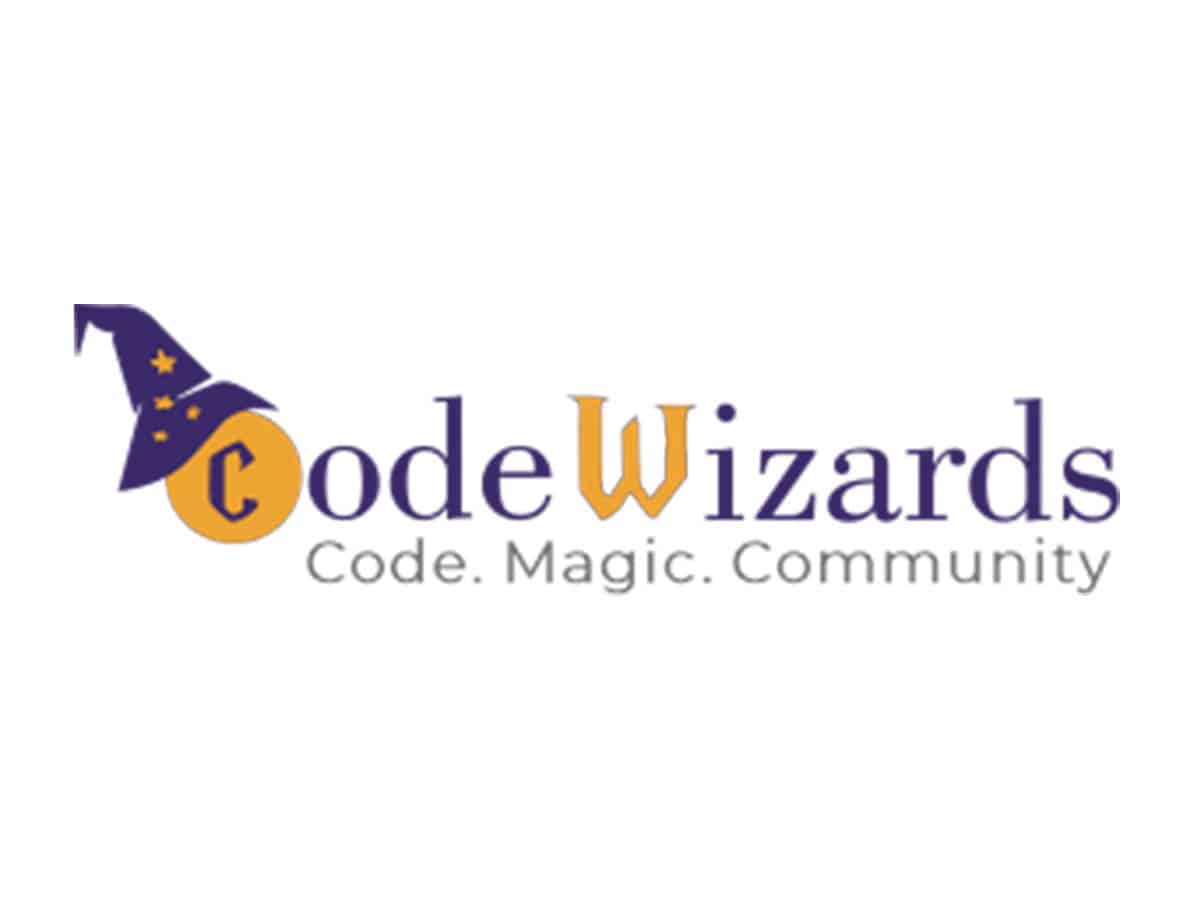Everyone should learn to read and write, correct ?
However how is one to react when someone says that everyone should learn to read and write code or learn to program the computer ?
It seems like a ridiculous idea. After all not everyone needs to be a doctor or engineer, why then should everyone learn to code or write programs ?
Just FYI, this statement was made by Prof Mitchel Resnick of MIT, one of THE most prestigious universities of the world.
According to Prof Resnick, programming the computer gives a person the platform to develop logical thinking abilities, gives vent to creative instinct which we are all born with and helps us develop problem solving strategies. All of these are not only professional skills or abilities but things that connect to our lives at a much broader level.
Off late there has been a lot of hype around coding being the next big career and that we need to prepare kids for an IT based future. While this is only partly true, the real use of programming or coding for kids, is in letting them build foundations for thinking logically, which directly helps them with subjects like math, being creative, which Is very difficult in the real world, (after all how many actual things and parts, of paper, steel and plastic can children gather to build interesting things), and develop an ability to solve big problems which is not only of academic use but is a big change in attitude itself.
How can computers help in mathematical thinking ? Imagine a child trying to build a game. A game is nothing but a very carefully crafted algorithm or a set of steps. Math is to a large extent ‘steps’ which are chained in an interesting manner to achieve the end result. The ‘steps’ are codified in symbolic language and so too is the ‘code’ that is used to program the computer. Besides there is a direct use of numbers to control the space which is a co-ordinate space defined by numbers as well as use of angles, comparison operators, even trigonometrical operations for more complex programs.
Children connect to games very naturally and it is also in their basic nature to want to create something.
The idea of introducing computer programming through games is thus a very natural way to introduce children to the art of programming. MIT media lab, of which Prof Resnick has been an integral part, has introduced to the world the wonderful language of Scratch. Scratch is both a language and a software, in which kids can drag and drop and attach different colorful blocks of code together to express complex thoughts and idea. Scratch has all the core elements of a programming language and allows for a lot of very complicated programs to be made, while at the same time being very easy to use. Scratch is a lot like the attachable blocks that kids play with to make different shapes, in that it allows for making a multitude of fun programs. The difference between the physical blocks and scratch is that with scratch they see something in action. They can do things like controlling a cartoon by moving their hands in the video feed, or write a game in which a bird is flying along a path and trying to avoid obstacles, record their own voice or picture and modify them, or even use programming logic to make some very interesting shapes, or use the music blocks to create their own music.
Scratch allows kids a very easy way to start programming while still giving them an opportunity to bring some very complex plans to life.
The whole paradigm of learning is very different which looks at kids as creators and not as passive receptacles of knowledge and an exemplification of the idea of ‘learning by doing ’.
This approach has a lot of potential to bring about attitude changes in children as well. The computer demands strict precision from us and human beings are not endowed with the natural capacity to think very precisely. So as they make their programs, inevitably they will make mistakes, to find these mistakes they will need to patiently go through what they have done, and look at every small thing systematically and patiently under the magnifying glass. As creators they are proud of their creations, they are helpful to others who are stuck and are inspired by others who have made more interesting creations than them. This leads to a kind of learning community culture of which the kids love to be a part.
In conclusion, teaching kids how to use the computer to program games etc. is a very well researched mode of education although not as widely adopted for historical and reasons beyond the purview of education theory, and has a potential to bring about profound change in the early learner.

